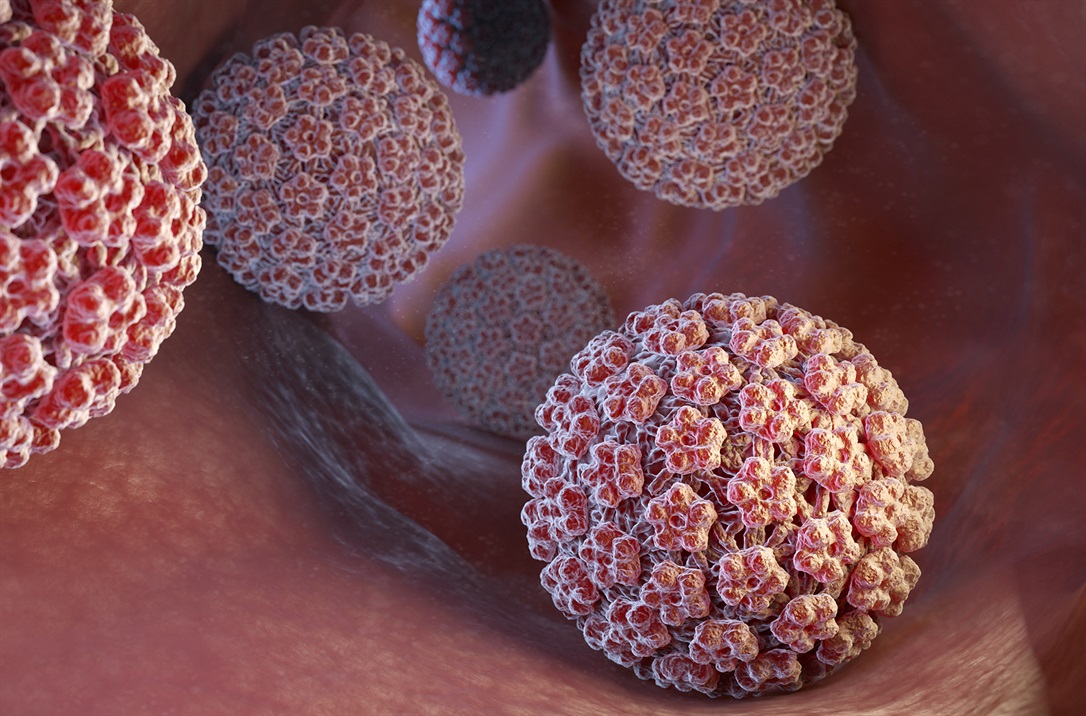WHAT YOU NEED TO KNOW ABOUT CERVICAL CANCER AND HPV VACCINE

HPV Infection:
Cervical cancer is strongly associated with HPV infection, particularly high-risk strains like HPV-16 and HPV-18. HPV is a common sexually transmitted infection, and most sexually active individuals will contract it at some point. In the majority of cases, the immune system clears the infection without causing harm. However, in some instances, persistent infection can lead to cervical cancer.
Risk Factors:
Several factors increase the risk of developing cervical cancer, including early sexual activity, multiple sexual partners, smoking, a weakened immune system, and a family history of the disease.
Prevention and Screening:
Cervical cancer can be prevented through vaccination and regular screening. The Pap smear is a common screening test that detects abnormal cervical cells before they become cancerous. HPV testing can identify high-risk strains of the virus. Early detection and treatment greatly improve the chances of successful recovery.
HPV Vaccine:
The HPV vaccine is a highly effective preventive measure against HPV infection and cervical cancer. It is primarily administered to adolescents and young adults but can also benefit individuals of all ages. There are several types of HPV vaccines available, with the most common ones targeting the most prevalent high-risk strains, including HPV-16 and HPV-18.
Key Points:
HPV Infection: Cervical cancer is strongly associated with HPV infection, particularly high-risk strains like HPV-16 and HPV-18. HPV is a common sexually transmitted infection, and most sexually active individuals will contract it at some point. In the majority of cases, the immune system clears the infection without causing harm. However, in some instances, persistent infection can lead to cervical cancer.
Key Points:
- Vaccine Types: The most widely used HPV vaccines are Gardasil 9 and Cervarix. Gardasil 9 provides protection against nine different HPV strains, including those responsible for most cervical cancers. These vaccines are typically administered in a series of shots over several months.
- Effectiveness: HPV vaccines are highly effective at preventing infection with the targeted HPV strains. By reducing the prevalence of these high-risk strains in the population, the vaccines indirectly lower the incidence of cervical cancer and other HPV-related diseases.
- Target Population: HPV vaccination is recommended for adolescents and young adults, ideally before they become sexually active. However, it can also benefit older individuals who haven’t been previously vaccinated.
- Safety: HPV vaccines have been extensively studied and found to be safe with only mild and temporary side effects, such as pain at the injection site or fever. The benefits of vaccination in preventing cervical cancer far outweigh the minimal risks.
In summary,
Cervical cancer is a potentially life-threatening disease primarily caused by persistent HPV infection. The HPV vaccine is a highly effective tool for preventing HPV infection and reducing the risk of cervical cancer, especially when administered before sexual activity begins. Regular screening through Pap smears and HPV testing also plays a crucial role in early detection and treatment of cervical cancer, further improving the chances of successful outcomes.
In Nigeria, the Primary Health Development Agencies will be introducing the HPV vaccine into the expanded program on immunization starting with phase one in sixteen states in Abia, Adamawa, Akwa-Ibom, Bauchi, Bayelsa, Benue, Enugu, FCT, Jigawa, Kano, Kebbi, Lagos, Nasarawa, Ogun, Osun and Taraba. This vaccine will be administered to girls between the ages of 9-14 years. Parents and Guidance of these girls are advised to visit the nearest Primary Health Center and General Hospitals around them.
